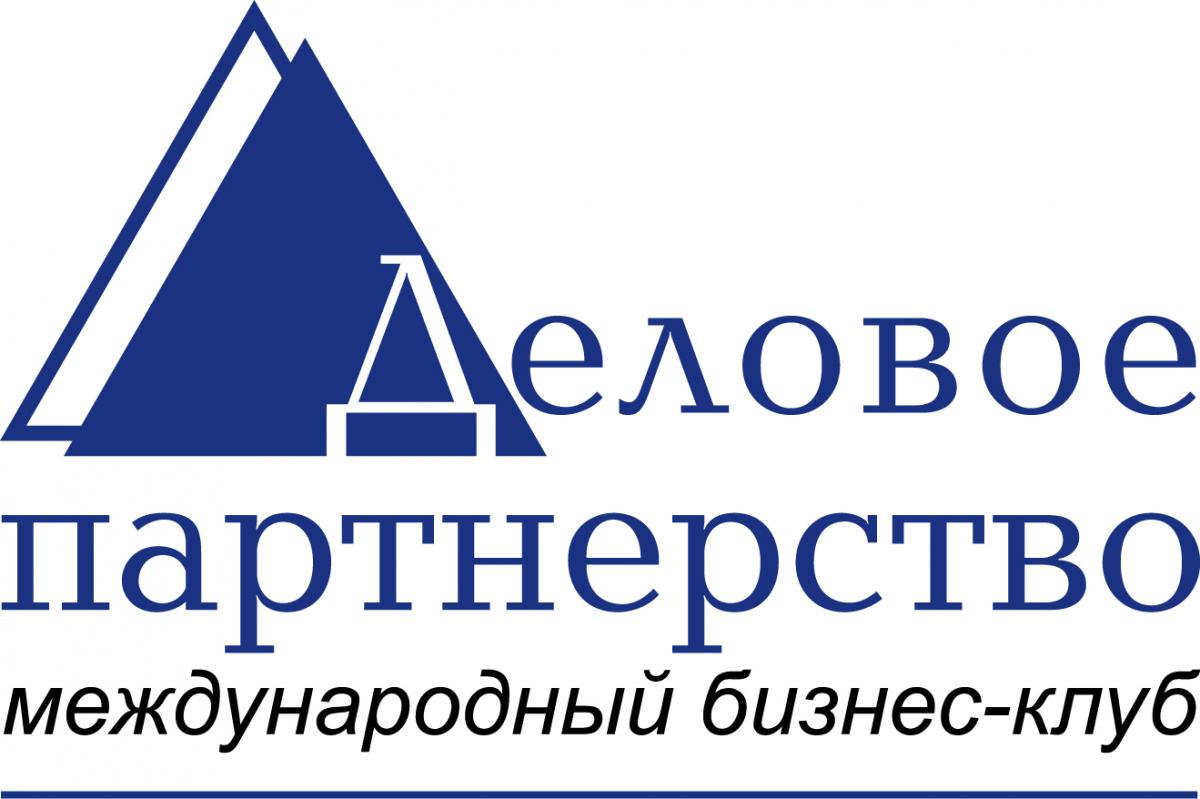About APEC
Asia-Pacific Economic Cooperation
Asia-Pacific Economic Cooperation, or APEC, is the premier forum for facilitating economic growth, cooperation, trade and investment in the Asia-Pacific region.
APEC is an intergovernmental grouping that operates on the basis of non-binding commitments, open dialogue and equal respect for the views of all participants. Unlike the WTO or other multilateral trade bodies, APEC has no treaty obligations required of its participants. Decisions made within APEC are reached by consensus and commitments are undertaken on a voluntary basis.
APEC has 21 members - referred to as "member economies" - which account for approximately 40 percent of the world's population, approximately 55 percent of world GDP and about 44 percent of world trade. APEC's 21 Member Economies are Australia; Brunei Darussalam; Canada; Chile; People's Republic of China; Hong Kong, China; Indonesia; Japan; Republic of Korea; Malaysia; Mexico; New Zealand; Papua New Guinea; Peru; The Republic of the Philippines; The Russian Federation; Singapore; Chinese Taipei; Thailand; United States of America; Viet Nam.
APEC was established in 1989 to further enhance economic growth and prosperity for the region and to strengthen the Asia-Pacific community. Since its inception, APEC has worked to reduce tariffs and other trade barriers across the Asia-Pacific region, creating efficient domestic economies and dramatically increasing exports. Key to achieving APEC's vision are what are referred to as the 'Bogor Goals' of free and open trade and investment in the Asia-Pacific by 2010 for industrialised economies and 2020 for developing economies. These goals were adopted by Leaders at their 1994 meeting in Bogor, Indonesia.
Free and open trade and investment helps economies to grow, creates jobs and provides greater opportunities for international trade and investment. In contrast, protectionism keeps prices high and fosters inefficiencies in certain industries. Free and open trade helps to lower the costs of production and thus reduces the prices of goods and services - a direct benefit to all.
APEC also works to create an environment for the safe and efficient movement of goods, services and people across borders in the region through policy alignment and economic and technical cooperation.














